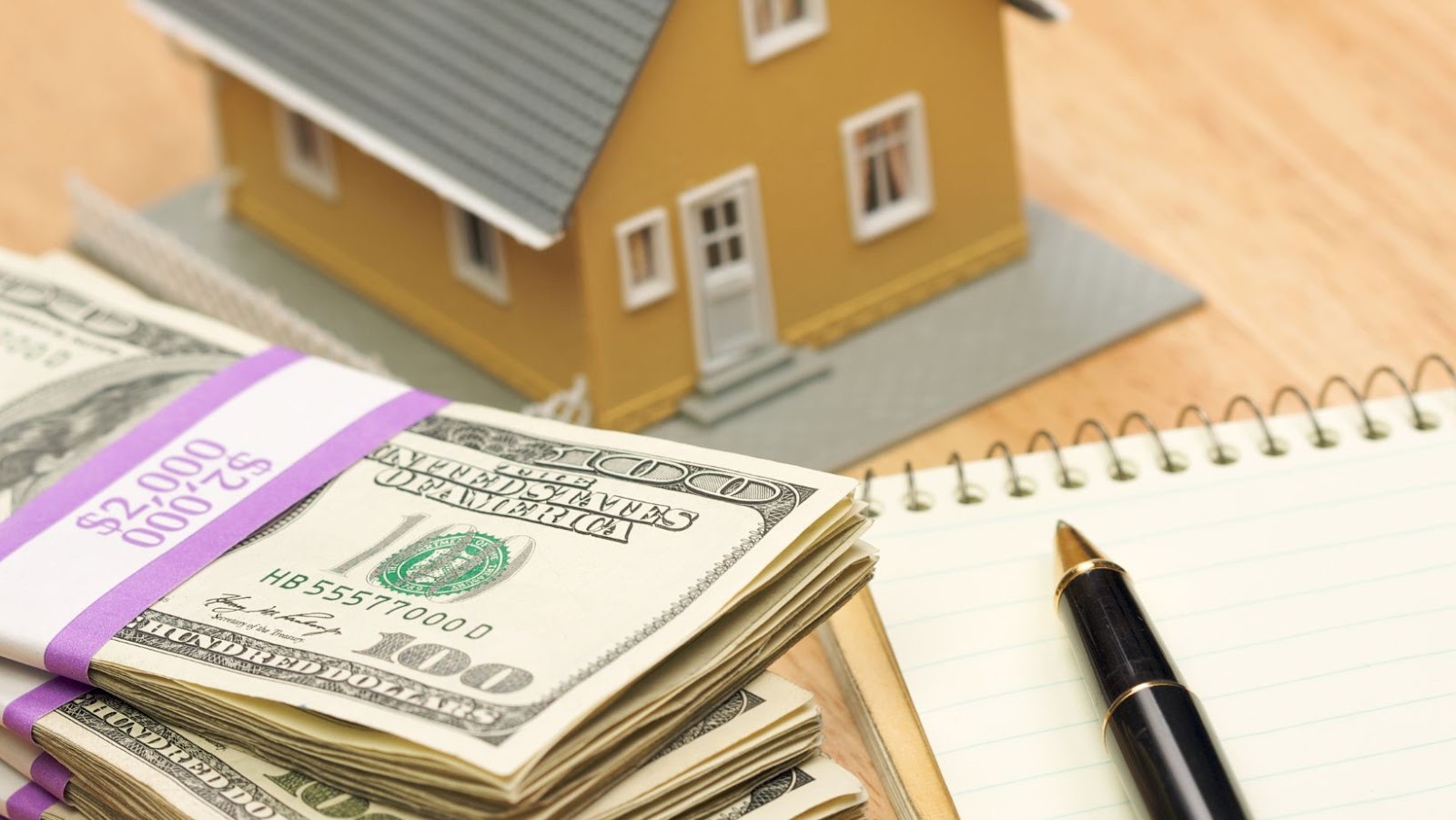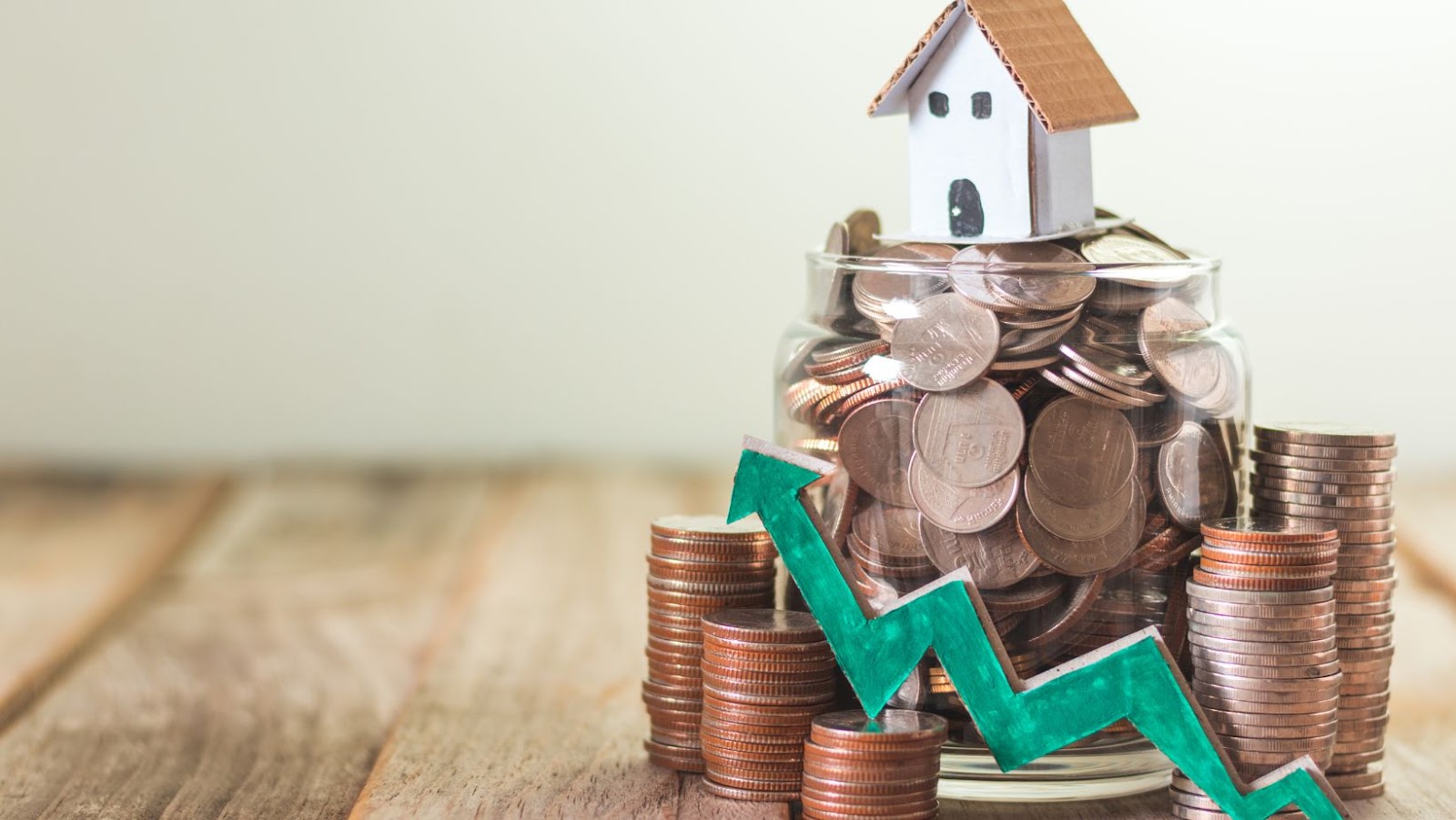
Buying an investment property can be a great way to build wealth over time, but what if you don’t have a lot of money to work with? It turns out that it is possible to buy an investment property with no money down. In this article, I’ll share some tips and strategies that you can use to make it happen.
One of the first things to understand is that buying a property with no money down typically means using some form of leverage. This could involve borrowing from a friend or family member, working with a private lender, or leveraging the seller’s financing options. Each of these strategies has its pros and cons, so it’s important to do your research and choose the one that works best for your situation.
Another key component of buying an investment property without any money down is finding motivated sellers. This could be individuals who are looking to retire, move out of town, or simply want to sell their property quickly. Keep in mind that when working with these sellers, it’s important to have a solid understanding of the market and be able to negotiate a deal that works for both parties. With the right approach, it’s possible to find great investment opportunities without having to put any money down upfront.

Pros and Cons of Investing in Real Estate with No Money Down
If you dream of owning an investment property but don’t have the cash to make a down payment, investing with no money down might seem like a perfect solution. However, like any investment, there are both advantages and risks. In this section, I’ll explore the pros and cons of investing in real estate with no money down.
PROS
- Less money upfront: Investing with no money down allows you to get started with real estate investing without breaking the bank. This means you may be able to invest in multiple properties without having to save up for each down payment.
- Higher potential returns: If you invest wisely and the property appreciates in value, you could potentially make a higher return on investment (ROI) than if you had put down a down payment. This is because you are essentially using Other People’s Money (OPM) to fund the investment.
- Flexibility: Investing with no money down gives you the flexibility to invest in more properties at once, which in turn can allow for greater diversification and increased cash flow.
CONS
- Increased risk: Without a down payment, you’re taking on a larger mortgage and have more debt to repay, which increases your financial risk. Also, if the market were to decline, you could be stuck with negative equity, meaning the value of the property is less than what you owe on it.
- Higher monthly payments: By not putting any money down, you’ll have a higher monthly mortgage payment and potentially more interest since you’re borrowing more money from the bank.
- Harder to find lenders: Lenders may view no money down investments as riskier and may not be willing to work with you. This means you may need to search harder to find a lender willing to finance your investment.
In summary, investing in real estate with no money down has its advantages and disadvantages. While it may seem like a great way to get started with real estate investing, it’s important to weigh the risks and benefits before making a decision. Remember, the most successful investors take calculated risks and thoroughly research their investment opportunities.

How to Buy Investment Property With No Money Down
Buying an investment property with no money down may seem like an impossibility, but there are some creative strategies that can help you achieve this. Here are some methods that have worked for me:
- Lease-to-Own Agreements: This is a popular strategy that allows a tenant to lease a property with the option to buy it later. As a buyer, you can negotiate a lease-to-own agreement with the seller where a portion of your monthly rent payment goes towards the down payment on the property. This method can be beneficial to both parties as the seller gets a tenant who is motivated to buy, and the buyer gets a chance to own a property with no money down.
- Seller Financing: Some sellers may be willing to finance the purchase of a property themselves. This means that they act as the lender and you make payments directly to them instead of a bank. This can be a win-win for both parties as the seller gets a steady stream of income, and the buyer can purchase the property with no money down.
- Wholesaling: Another popular strategy is wholesaling, which involves finding a property for a below-market price and then assigning the contract to another buyer for a fee. As a wholesaler, you never actually own the property, but you can earn a profit by finding and connecting buyers and sellers.
- Private Money Lenders: Private money lenders are individuals or companies that lend money to real estate investors. They can be a great source of funds for an investor who has found a great deal but has no money for the down payment. This method can involve higher interest rates and fees, but it can be a viable option for securing financing.
- Hard Money Lenders: These are companies that lend money to real estate investors based on the property’s value rather than the borrower’s creditworthiness. Hard money loans usually require a higher interest rate and a shorter repayment period, but they can be a good option for investors who don’t qualify for traditional loans.
In conclusion, buying an investment property with no money down is possible if you’re willing to be creative and think outside the box. These are just a few strategies to get you started, but there are many other ways to finance your investment property purchase. By doing your research and seeking advice from experienced investors, you can find the financing option that works best for you.

Alternative Financing Options for Investing in Real Estate
When it comes to buying an investment property with no money down, traditional financing options like bank loans may not always be an option. Luckily, there are alternative financing options that can help you achieve your real estate investment goals. Here are some options to consider:
- Owner Financing: This financing option involves the property seller providing financing to the buyer instead of a bank or mortgage lender. The buyer makes payments directly to the seller until the purchase price is paid in full. This approach can benefit both parties as the seller earns interest on the loan while the buyer can avoid the need for a down payment.
- Hard Money Lenders: Hard money lenders are private individuals or companies that provide short-term loans that are secured by real estate. These loans typically have higher interest rates and fees than traditional loans, but they can be a good option if you need to close quickly or have poor credit.
- Home Equity Line of Credit (HELOC): A HELOC allows you to borrow against the equity in your primary residence. This option can be particularly beneficial if you already own your home and have built up a significant amount of equity.
- Private Money: Private money lenders can consist of individual investors, trusts, or companies that lend money to real estate investors. Similar to hard money lenders, private money lenders typically charge higher interest rates, but they can also be more flexible when it comes to repayment terms.
- Crowdfunding: Crowdfunding is a relatively new financing option for real estate investors. It involves pooling money from multiple investors to purchase a property. This approach can be beneficial for investors who want to spread their risk across multiple properties or don’t have the capital to purchase a property on their own.
Overall, these alternative financing options can help you buy an investment property with no money down. However, it’s important to do your research and fully understand the risks and benefits of each option before making a decision. By taking the time to explore alternative financing options, you may find that you can achieve your real estate investment goals even without a large down payment.
